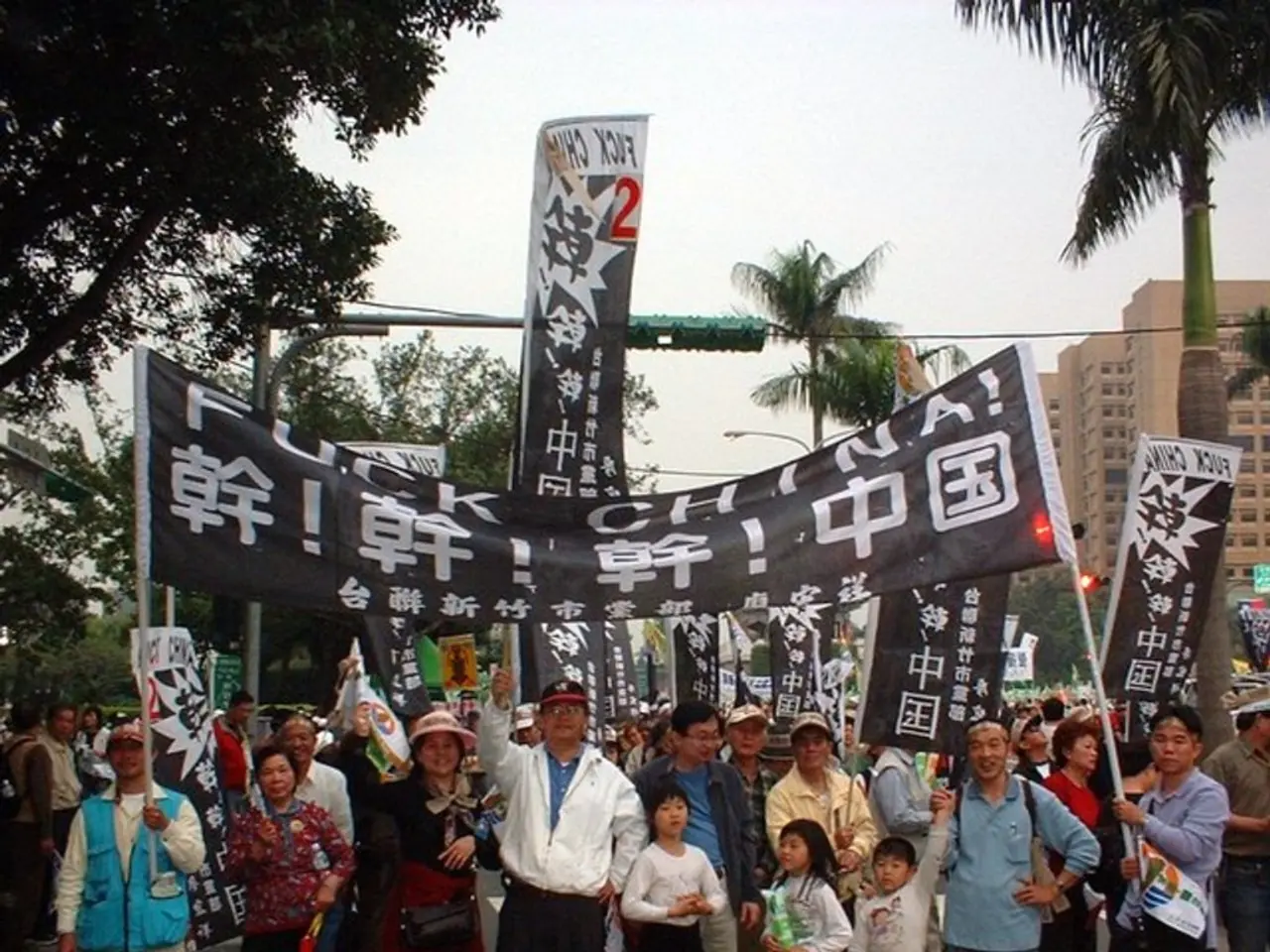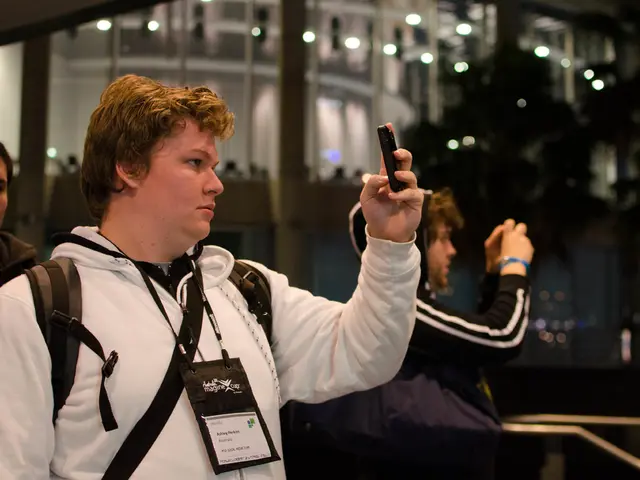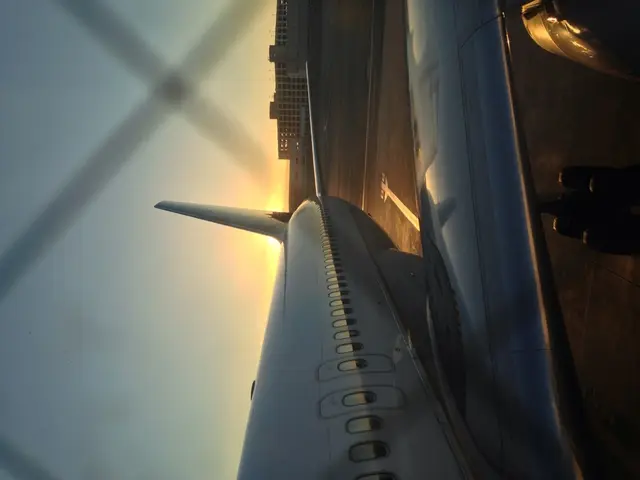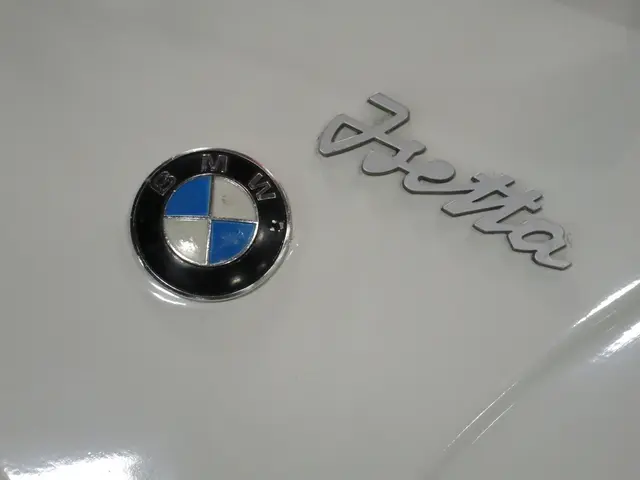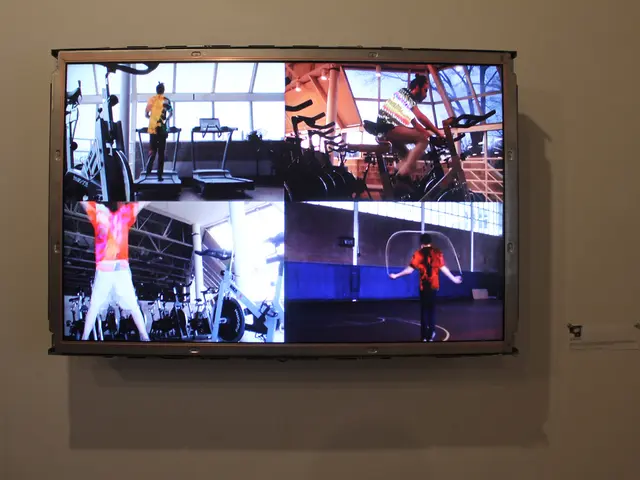Tesla Faces Legal Challenges in France and Australia for Distinct Causes
In a significant development, over 10,000 Australian Tesla owners have joined a class action lawsuit against the automotive giant, alleging safety issues with the Autopilot system. The lawsuit, filed in the Federal Court of Australia in February 2025, centres around a malfunction known as "phantom braking," where Tesla vehicles suddenly brake without any apparent reason.
The lawsuit, led by law firm JGA Saddler, alleges that Tesla's vehicles have "dangerous defects" and that the company made false promises about the level of autonomy these vehicles offer. The plaintiffs claim that Tesla knew about the issue but failed to address it adequately. The lawsuit specifically targets Tesla vehicles sold since May 2021.
The Autopilot system is designed to assist attentive drivers rather than replace them entirely, according to Tesla's legal team, who are expected to respond to the lawsuit in July 2025. Those affected are seeking financial compensation and answers from Tesla. The lawsuit's outcome could have implications for Tesla's reputation and financial standing, particularly in relation to its autonomous driving technology.
This lawsuit is part of broader concerns about the safety and reliability of autonomous vehicle technology. Similar issues have led to other legal challenges for Tesla internationally, including allegations of defects contributing to fatal accidents. The case highlights ongoing debates about balancing innovation with safety in the automotive industry and underscores the need for regulatory clarity and oversight in the development and deployment of autonomous driving systems.
In a stark contrast, Tesla is facing a lawsuit in France over vehicle leases, with plaintiffs claiming the brand has been tarnished due to CEO Elon Musk's controversial political statements and behaviour. Dominic Yin, one of the lead participants in the class action, described multiple incidents when his Tesla abruptly braked on major roads, nearly causing accidents.
The Australian Department of Infrastructure has received only six official complaints, while in France, thousands of Tesla owners now feel "prisoners of their contracts," unable to use their cars without fear of judgment or harassment. The plaintiffs argue that the reputational damage has led to social hostility, including acts of vandalism and public defecation on the vehicles.
The lawsuit in France does not mention any connection to CEO Elon Musk's controversial political statements or behaviour, unlike the Australian case, which references his recent inflammatory remarks. Despite the growing number of participants in the Australian lawsuit, Tesla Australia has yet to comment.
The plaintiffs in the Australian lawsuit are not only seeking financial compensation but also seeking answers from Tesla, as the outcome could have implications for Tesla's reputation and financial standing, particularly in relation to its autonomous driving technology. The lawsuit in France, on the other hand, alleges that Tesla's brand has been tarnished due to CEO Elon Musk's controversial political statements and behavior, causing social hostility and affecting the use and perception of their vehicles, which could impact the company's position in the transportation industry. Additionally, the broader concerns about autonomous vehicle technology's safety and reliability could have repercussions for the technology sector as a whole, including companies involved in finance and transportation.
